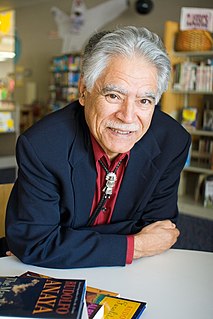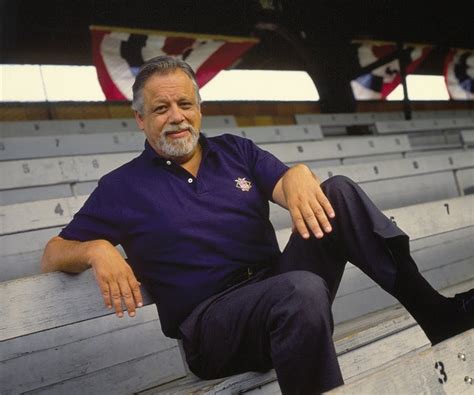A Quote by Ezra Pound
The modern artist must live by craft and violence. His gods are violent gods. Those artists, so called, whose work does not show this strife, are uninteresting.
Related Quotes
The artist seeks contact with his intuitive sense of the gods, but in order to create his work, he cannot stay in this seductive and incorporeal realm. He must return to the material world in order to do his work. It's the artist's responsibility to balance mystical communication and the labor of creation.
Now the myths represent the Gods themselves and the goodness of the Gods subject always to the distinction of the speakable and the unspeakable, the revealed and the unrevealed, that which is clear and that which is hidden: since, just as the Gods have made the goods of sense common to all, but those of intellect only to the wise, so the myths state the existence of Gods to all, but who and what they are only to those who can understand.
In scripture we are told of some trusting in God and others trusting in idols, and that God is our refuge, our strength, our defense. In this sense God is the rock of his people, and false Gods are called the rock of those that trust in them. In the same sense the Gods of the King who shall do according to his will are called Mahuzzims, munitions, fortresses, protectors, guardians, or defenders.
It is useless saying that we do not accept the gods of the primitive world. In form, no; in essence, yes. The fact before us is that all ideas of gods can be traced to the earliest stages of human history.... There is an unbroken line of descent linking the gods of the most primitive peoples to those of modern man. We reject the world of the savage; but we still, in our churches, mosques, synagogues and temples, perpetuate the theories he built upon that world.
Come now: Do we really think that the gods are everywhere called by the same names by which they are addressed by us? But the gods have as many names as there are languages among humans. For it is not with the gods as with you: you are Velleius wherever you go, but Vulcan is not Vulcan in Italy and in Africa and in Spain.
The gods have fled, I know. My sense is the gods have always been essentially absent. I do not believe human beings have played games or sports from the beginning merely to summon or to please or to appease the gods. If anthropologists and historians believe that, it is because they believe whatever they have been able to recover about what humankind told the gods humankind was doing. I believe we have played games, and watched games, to imitate the gods, to become godlike in our worship of eachother and, through those moments of transmutation, to know for an instant what the gods know.
Sadly enough, my young friends, it is a characteristic of our age that if people want any gods at all, they want them to be gods who do not demand much, comfortable gods, smooth gods who not only don't rock the boat but don't even row it, gods who pat us on the head, make us giggle, then tell us to run along and pick marigolds.







































